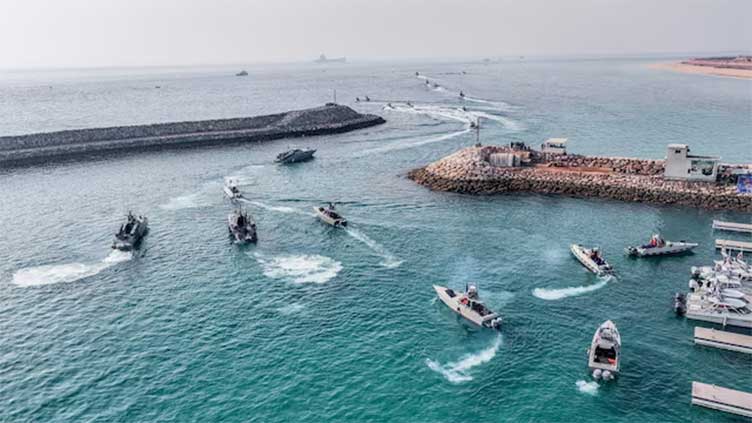China maintains stance on disputed Gulf islands despite Iran's anger

World
The islands, claimed by the UAE and Iran, have been held by Tehran since 1971
BEIJING (Reuters) – China held its stance on three disputed islands in the Persian Gulf on Monday despite Tehran's anger at Beijing for describing the Iran-controlled islands as a matter to be resolved with the United Arab Emirates.
In a statement last week, China expressed support for the efforts of the UAE to reach a "peaceful solution" to the issue of the islands – the Greater Tunb, the Lesser Tunb and Abu Musa.
The islands, claimed by the UAE and Iran, have been held by Tehran since 1971.
In a rare show of anger toward its biggest trading partner, the Iranian foreign ministry on Sunday summoned the Chinese ambassador to Iran to protest China's "repeated support" for the UAE's "baseless claims".
"Considering the strategic cooperation between Tehran and Beijing, it is expected that the Chinese government will revise its stance on this matter," the Iranian foreign ministry said.
China's foreign ministry on Monday repeated its call for Iran and the UAE to resolve their differences through dialogue and consultation, describing China's stance on the matter as "consistent".
"The relevant contents of the China-UAE Joint Statement are consistent with China's position," said Mao Ning at a regular press briefing when asked about Iran's protest, offering no revision of Beijing's stance.
She added that China and Iran had a strong relationship, and that China attached great importance to the development of their strategic partnership.
China angered Iran in December 2022 when it issued a joint statement with Gulf Cooperation Council (GCC) countries that called for efforts to resolve the issue of the three islands.
That statement went on to stress the need to "ensure the peaceful nature of the Iranian nuclear programme", which was not mentioned in the latest statement with the UAE.


